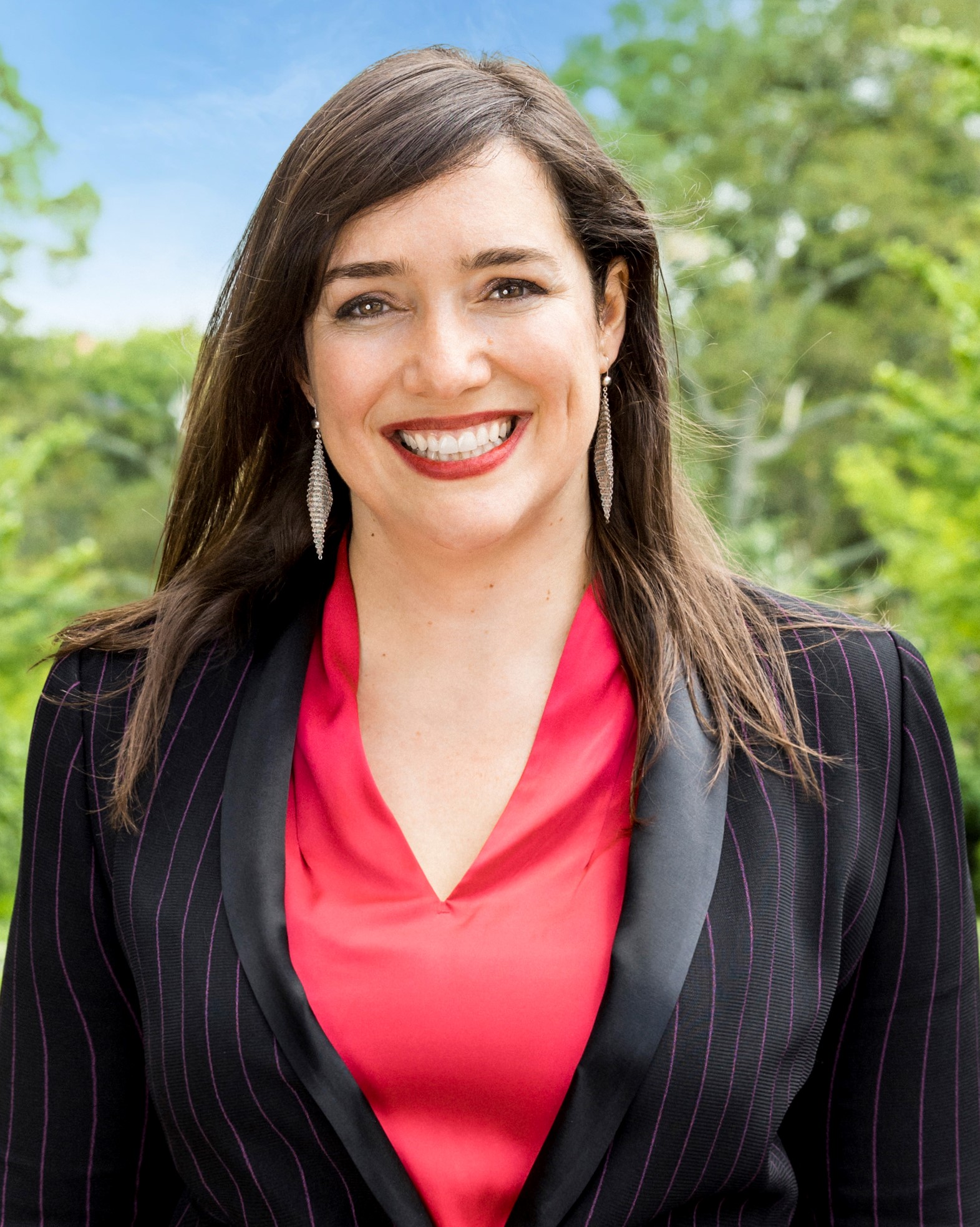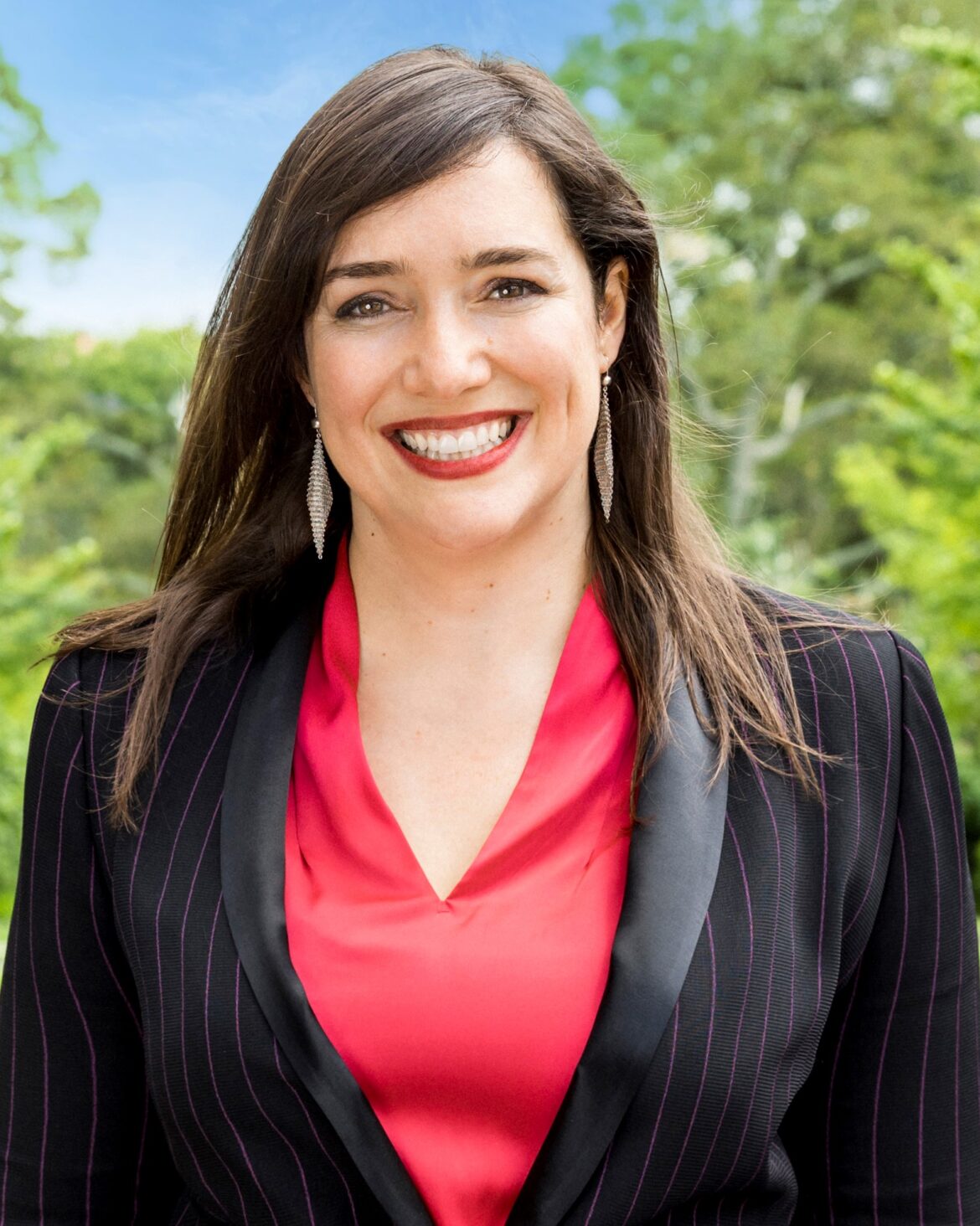
A national survey conducted by UNESCO found that 47% of young people reported that the Covid-19 pandemic had led to a negative impact on levels of stress and anxiety, with 30% reporting that it had reduced their levels of hope.
Indeed, a growing body of research shows the social-emotional impact of the pandemic also impacted students’ learning outcomes, with the TIMSS‑based ‘Learning Crisis’ analysis and NAPLAN data confirming slow and uneven recovery in key areas like maths and reading – especially among disadvantaged and remote communities.
In 2022, one year after the Covid lockdowns were lifted, Ravenswood School for Girls Principal Dr Anne Johnstone, and Professor Lea Waters from the Centre for Wellbeing Science at the Melbourne Graduate School of Education teamed up to publish a study on embedding wellbeing in schools.
The study, titled ‘Embedding Well-being into School: A Case Study of Positive Education Before and During COVID-19 Lockdowns’, found that the growing science in positive education has given researchers and educators confidence about the outcomes that can be attained through a positive education approach.
“The study suggests that having positive psychology and a Positive Education framework, training all staff, having both student and staff wellbeing initiatives, and cultivating a common language for Positive Education are the core processes that create a sustained and adaptive culture of wellbeing,” Dr Johnstone told The Educator.
Resilience before the storm
Three years prior to the outbreak of Covid-19 in Australia, Ravenswood became the first school in NSW to be trained in the ‘Visible Wellbeing intervention’ which saw all staff trained in the SEARCH framework. The evidence-based framework contains six “pathways to wellbeing” – strengths, emotional management, attention and awareness, relationships, coping, and habits and goals.
Throughout this training, the school’s staff received ongoing professional development in Ravenswood’s Positive Education Program, which would soon be stress-tested by the pandemic and the shift to remote learning.
Fortunately, when the time came, the school’s program proved effective.
“It was tremendously rewarding to see that our students felt empowered to put their wellbeing knowledge and strategies into practice, not just in terms of maintaining hope and optimism in the face of adversity, but also in building the wellbeing of others during times of crisis,” Dr Johnstone recalled.
“Despite the restrictions of online learning, our students achieved outstanding results in their HSC and IB Diploma – a testament to the connection between wellbeing and academic achievement.”
Dr Johnstone says positive psychology not only offers young people a toolkit to develop their wellbeing, such as through building resilience, positive emotion and agency, but also empowers educators with evidence-based strategies to create a positive learning environment that strengthens community wellbeing.
“At Ravenswood, we recognise the inextricable link between academic achievement and wellbeing,” Dr Johnstone said.
“We engage wholeheartedly with pro-active practices that strengthen our students’ skills and strategies to build their own wellbeing and the wellbeing of others, so that they may find their passion and purpose and fulfill their potential.”
Where wellbeing leads, results follow
Dr Johnstone said there is significant research showing that Positive Education interventions lead to an increase in hope, subjective wellbeing, life satisfaction, pro-social behaviour, school engagement and academic achievement.
“Positive psychology initiatives have a cumulative, positive impact on our curriculum and culture, from developing a tailored curriculum based on the science of wellbeing, explicitly taught in classes, to creating a shared ‘language’ and ‘lens’ that helps to develop a mindset that supports wellbeing and academic outcomes of young people,” she said.
“This includes understanding key concepts that help us navigate the ups and downs of life, overcoming challenges and bouncing back from setbacks, taking a strengths-based approach, and focusing on making a difference, beyond ourselves.”
Dr Johnstone said it is particularly exciting to see student agency flourish through her school’s positive education approach.
“This includes through unique initiatives such as the Ravenswood Knox Student-Led Wellbeing Conference in which our student leaders share the toolkits for wellbeing with more than 300 student leaders from 35 schools across metropolitan and regional NSW,” she said.
“The powerful evidence-based benefits of our Positive Education program are best illustrated by reflections from our students, many of whom have shared that understanding.”
Dr Johnstone says examples of this include how to develop resilience, harness their character strengths, develop high-quality connections, build gratitude, and re-frame their thinking.
“These have been tremendously beneficial, both during their school years and beyond,” she said. “Our Alumni have reflected on how our Positive Education approach has helped guide them through challenging times later in life and created a pathway to building the wellbeing of others.”


